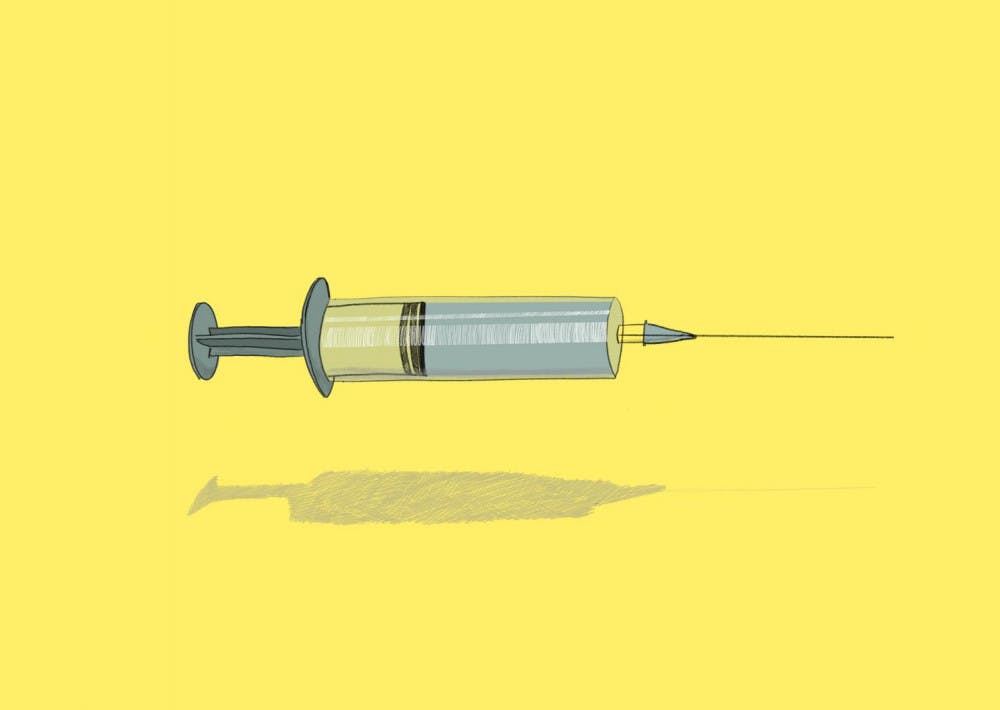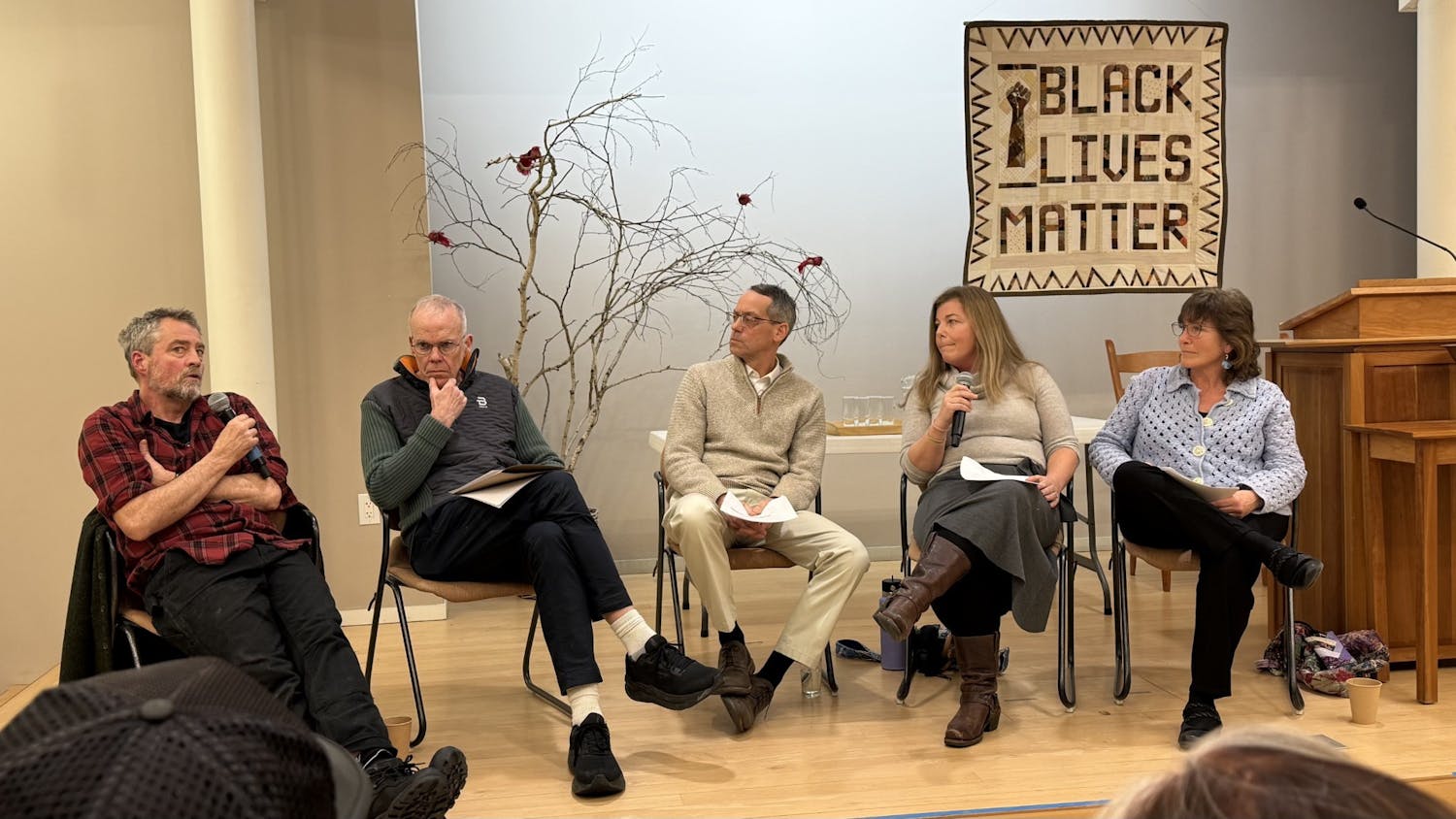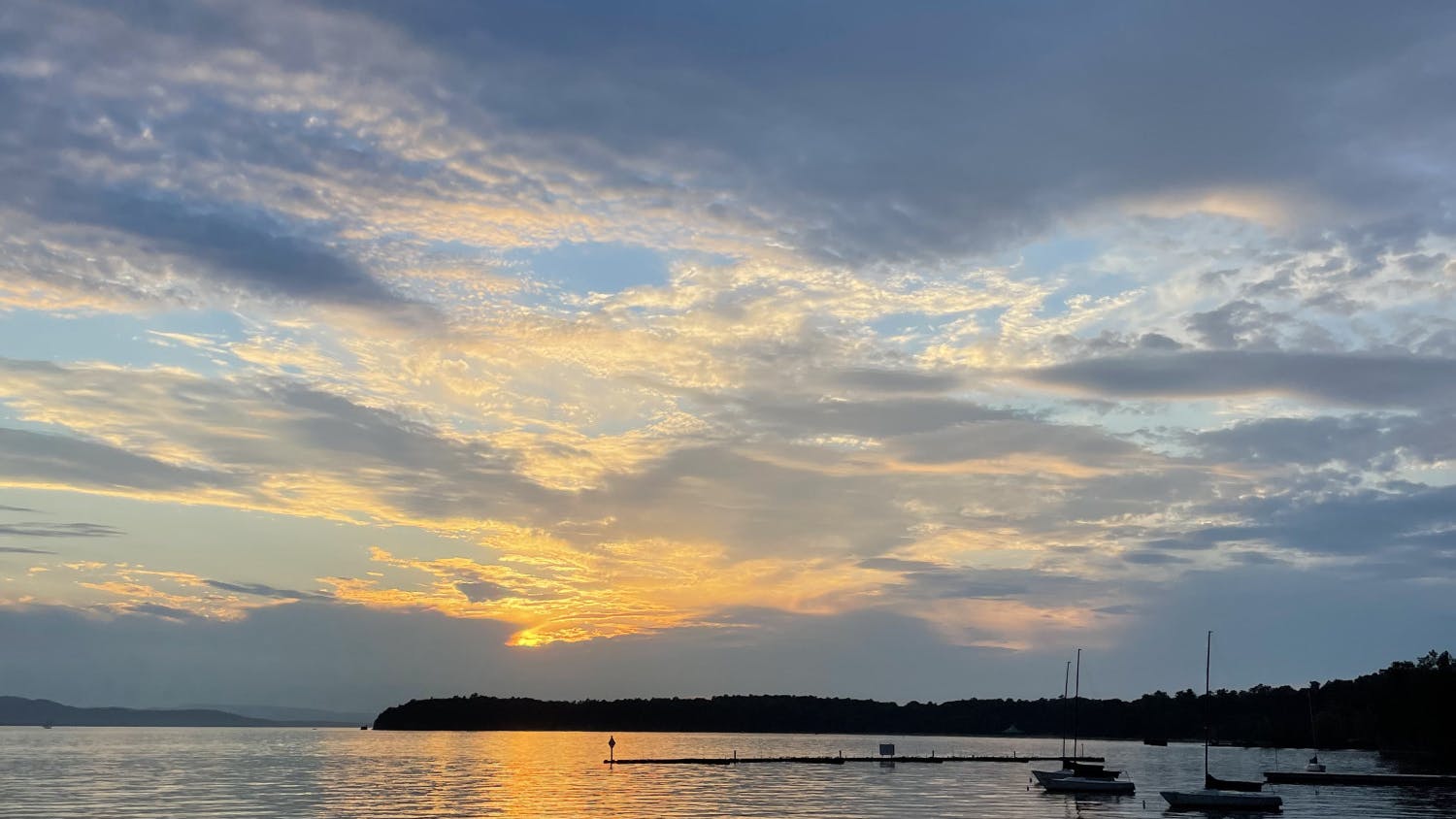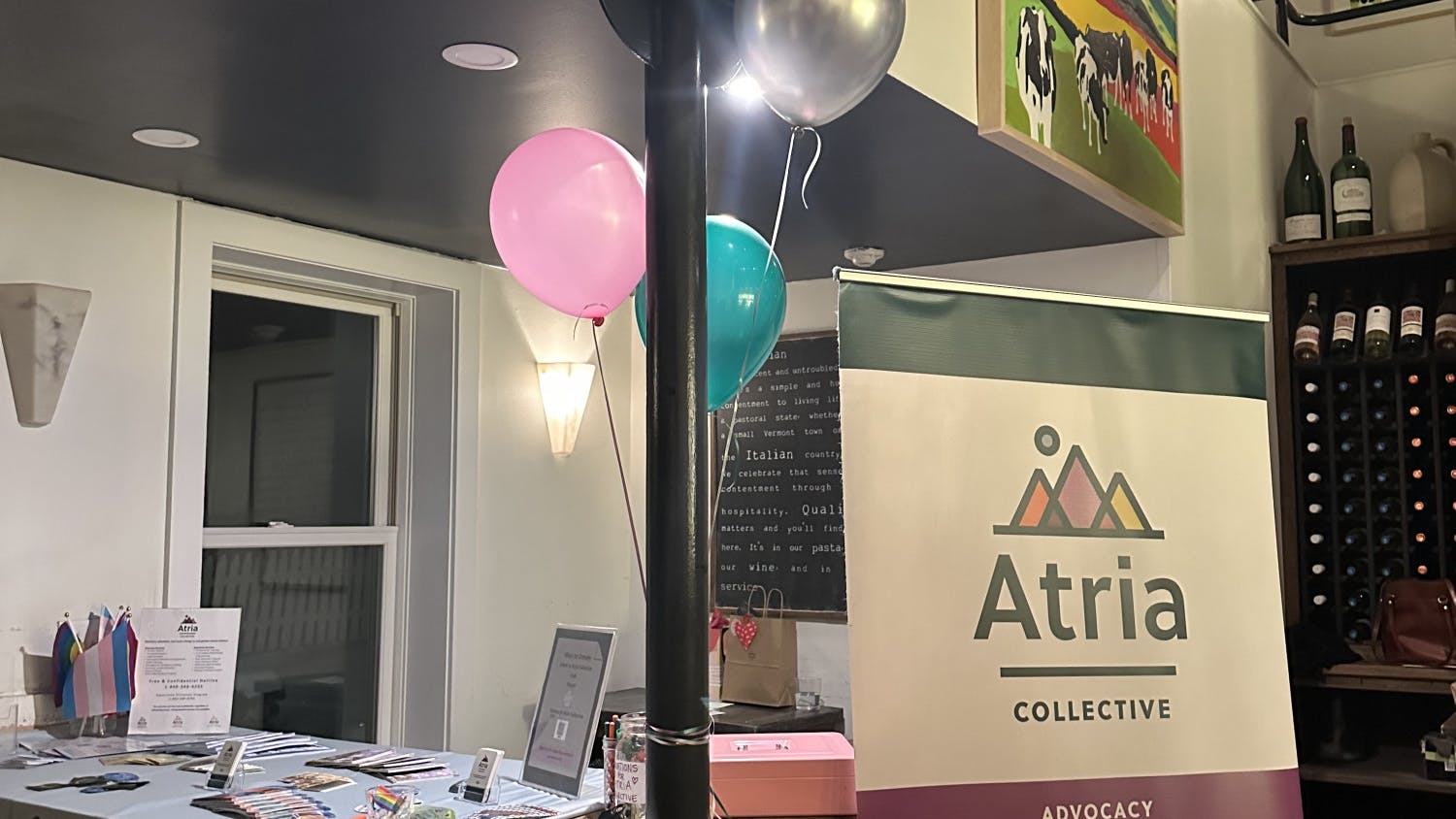All Black, Indigenous and people of color (BIPOC) who are permanent Vermont residents over the age of 16 will become eligible for Covid-19 vaccination on Thursday, Apr. 1, Gov. Scott announced today. Any BIPOC individual eligible for the vaccine can also sign up members of their household. The news comes as state officials attempt to combat the slower vaccination rates for BIPOC communities nationwide.
As of March 30, 30% of white Vermonters of all ages had received at least one dose of the vaccine. In contrast, only 13.6% of Vermont’s non-white residents had received a dose. Of all non-Hispanic white residents 16 and up, 33.7% had received a dose compared to the 21.0% of BIPOC Vermonters in the same age range.
BIPOC Vermonters have also been disproportionately affected by Covid-19. A December 2020 Vermont Department of Health report found that “BIPOC Vermonters with Covid-19 have significantly higher hospitalization and chronic disease rates,” a trend that is present in other states. At the end of last year, BIPOC residents represented 6% of the state’s population but 18% of Covid-19 cases.
The Vermont Health Department has cooperated with non-profits to sustain BIPOC-focused clinics. The Windham County NAACP leads vaccination clinics in Brattleboro, Bennington and Rutland and a Burlington clinic is operated by Racial Justice Alliance and the Vermont Professionals of Color Network.
Mark Levine, Vermont’s health commissioner, explained in a press conference that vaccination rates continue to lag for BIPOC Vermonters despite the work of targeted, community-based clinics.
“Data that I have shared reveals the almost twofold risk BIPOC face for being hospitalized,” he said. “Now that all Vermont residents who are the highest risk of death from Covid have been vaccinated, we can put focus on preventing the other most serious risk of the virus: hospitalization.”
For Levine, both under-vaccination and higher hospitalization rates necessitate further action. “It is unacceptable that this disparity remains for this population placed at higher risk,” he said.
Some BIPOC students at the college were able to make vaccine appointments before the policy was even announced, which has lent to the spread of confusion about eligibility throughout the student body. Call center workers repeatedly signed up BIPOC students and confirmed eligibility based on racial identity. Now, the students are left unsure whether or not they can — or should — show up to their appointments.
Additionally, out-of-state students – even BIPOC students – are not eligible to receive the vaccine in Vermont at any point in the current timeline, according to comments from Gov. Scott’s at a March 30 press briefing.
In an email to Middlebury students on March 31, the college advised students not to cancel appointments and shared that the college has a plan to facilitate vaccination on campus if doses become available. In addition, the college noted that they have been working closely with Vermont government and health officials throughout the pandemic.
The email also reminded students that they can seek approval to travel to their home state for vaccinations if it is within driving distance.
All Vermonters over the age of 16 are expected to become eligible on April 19, regardless of race or health conditions.
Jack Summersby is a local editor.




